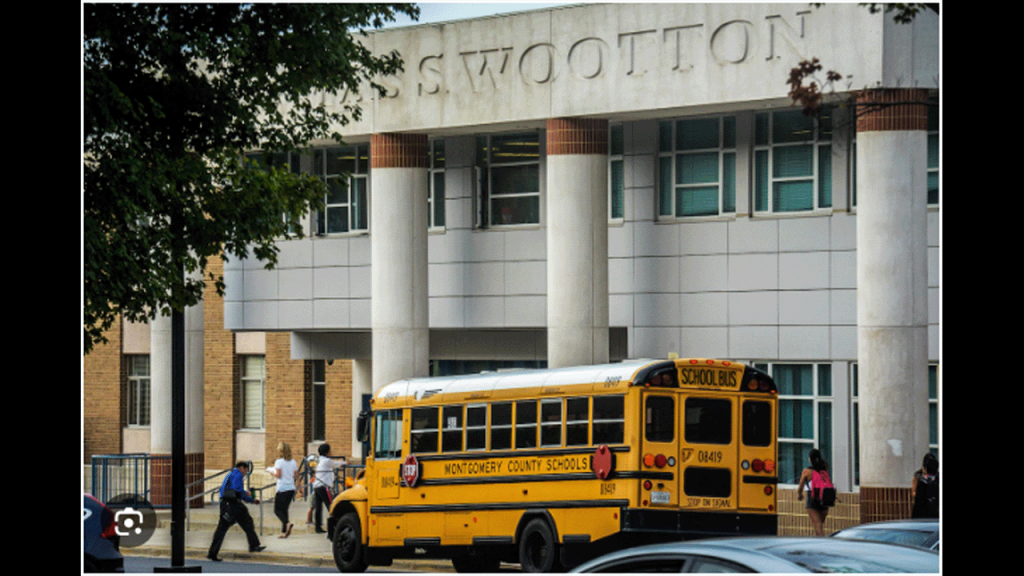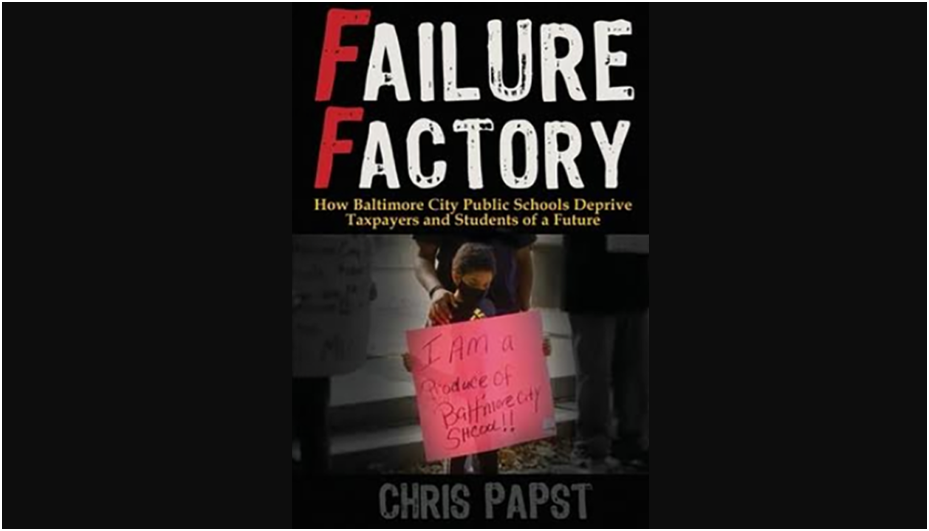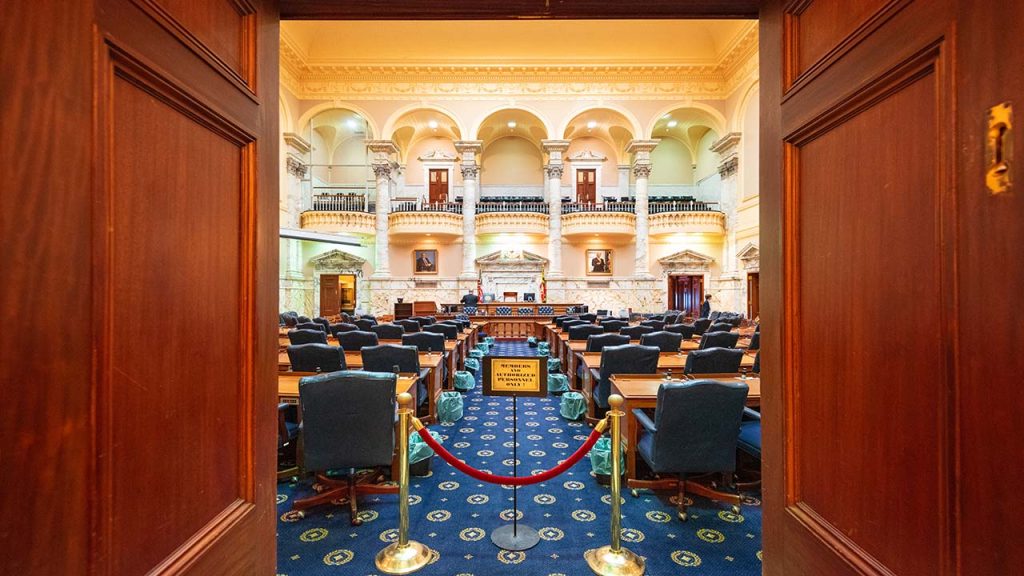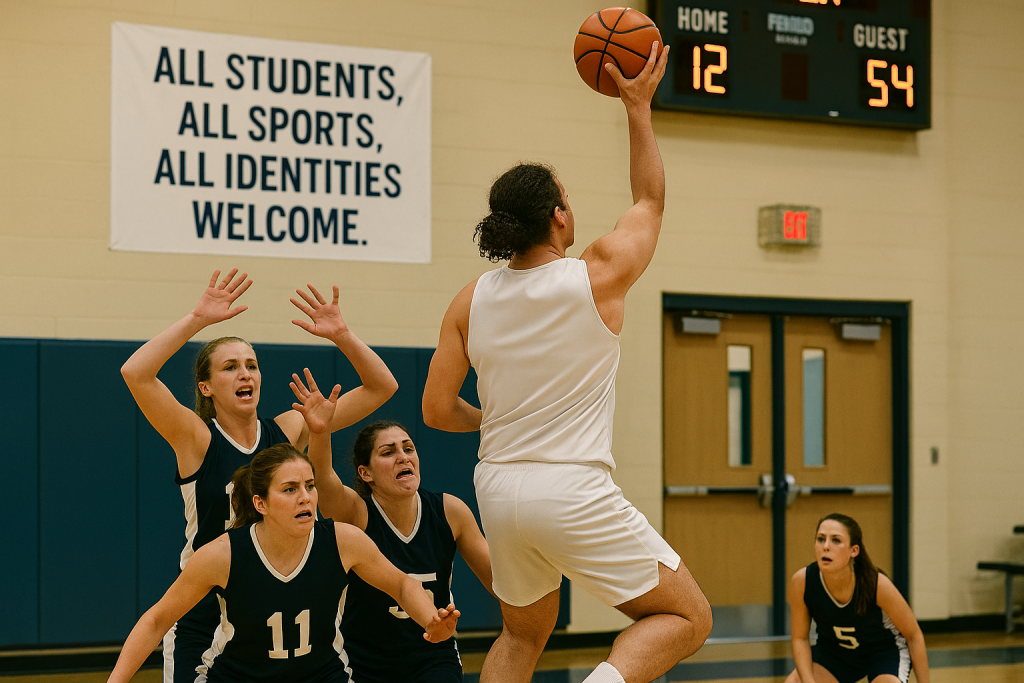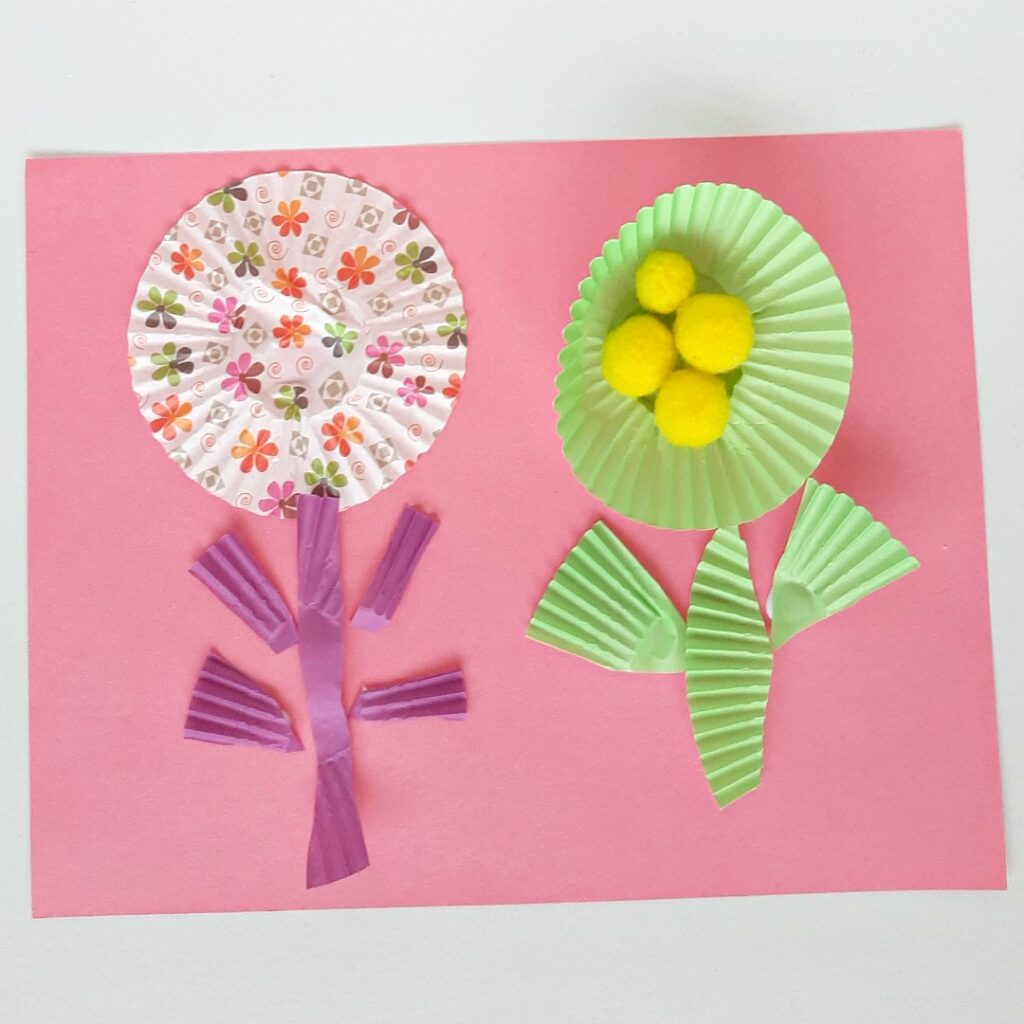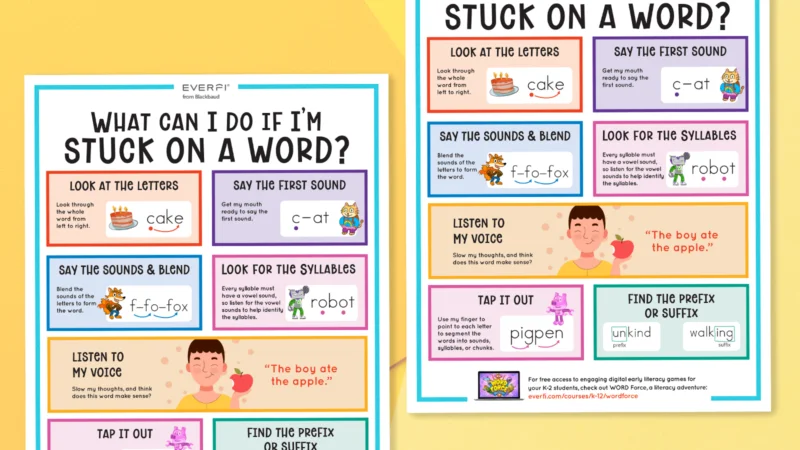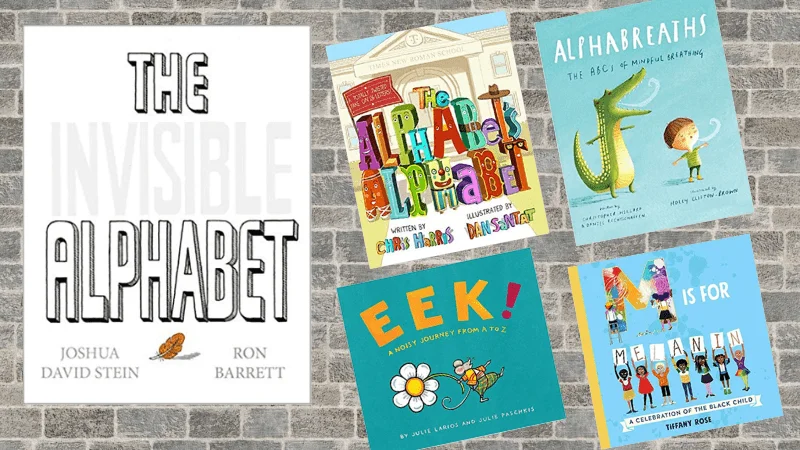
30 Smart Place Value Activities and Games for Elementary Math Students
Place value is one of those basic concepts that help kids build a wide variety of math skills. There are lots of fun place value activities and games you can use to help them understand, whether you’re working with basic tens and ones or have advanced to decimals with tenths and hundredths. Here’s a terrific collection of ideas to add to your upcoming lesson plans!
1. Start with an anchor chart
Help students understand and remember four ways to represent numbers and place value with an anchor chart. Turning the chart into a robot ups the fun factor!
2. Read a book about place value

We’re not talking about the paragraph in their math workbook that explains the concept. We mean one of these engaging and entertaining place value books that capture kids’ imagination while helping them understand how place value works and why it matters. There are plenty of options out there—here are a few of our favorites.
3. Turn paint samples into place value sliders

Use the cutouts in paint sample chips as little “windows” for numbers. This is a fun and colorful way to introduce place value to your students.
4. Show it four ways

Ask students to demonstrate their understanding of place value by showing one number in a variety of ways. Get a free printable worksheet for this activity at the link.
5. Transform a pillbox into a place value manipulative

Stop by the dollar store for some weekly pillbox containers, then use our free printable labels to turn them into dice shakers you can use for all kinds of place value activities.
6. Stack place value Cheerio towers

Looking for more inexpensive math class ideas? Grab a box of uncooked spaghetti and some Cheerios to use for your place value activities.
7. Visualize place value with a foldable

Use sentence strips and dry-erase tape to create a reusable math manipulative that reinforces place value concepts and expanded form.
8. Slide cards into binder pages

Use divided binder pages along with number and base-10 cards to show place value. Call out each digit and its place (“There’s a 3 in the thousands place”) and see if your students can make the correct number.
9. Construct a tower of base-10 blocks

Base-10 blocks are a popular math manipulative, and they’re perfect for teaching place value. This activity challenges kids to use the blocks to find three different ways to build a structure representing 1,000. New to base-10 blocks? Here’s a good starter set from Amazon to try.
10. Figure out the place value of your name

Here’s another clever use for base-10 blocks. First, have each student use them to spell out their name. Then, count up the numbers of tens and ones blocks to determine your name’s place value!
11. Stack paper cups

While you’re at the dollar store, pick up some stackable paper cups. Number them 1 to 9 along the edge, and then use them to talk about place value as you stack them to create different numbers.
12. Build place value bugs

How cute is this little number bug? Use large pom-poms for tens and smaller ones for ones, then set them on a wood craft stick to create a number.
13. Shoot for the target with LEGO bricks

LEGO bricks really are ideal for place value activities. Toss the bricks onto a homemade target with rings to represents ones, tens, and so on. Count the studs of each brick that lands on a place value ring, then add them up to get your final number. See more LEGO math ideas here.
14. Build understanding with LEGO bricks

You know your students love to build with LEGO, so use them to reinforce place value concepts too. Hands-on place value activities are always the most fun!
15. Act out multiplying and dividing

Active math games are one of the best ways we know to get kids involved in their learning. Find out how to act out multiplying or dividing by powers of 10 at Teacher Thrive.
16. Play a game of Place Value War

Play this game with Uno cards or a classic deck with face cards removed. Each player has a number of piles (depending on which place values you’re working on) and lays down the top card from each. The players say the resulting numbers out loud (e.g. “five hundred thirty”), and the player with the highest number wins. For a fun variation, allow players to use the cards they flip to create the highest possible number.
17. Build a number

Kids select some number cards, then try to meet a series of challenges like making the largest number they can. Add in a decimal card to up the complexity of the game.
18. Keep track of school days in a pocket chart

Each day, count how many days students have been in school this year by adding counters like 10-frames to a pocket chart. The number climbs as the year goes on, building from ones to tens to hundreds.
19. Send them on a scavenger hunt

Grab a stack of old magazines and newspapers and let kids loose to find examples of the place value challenges set in this scavenger hunt. Go to Primary Theme Park to get the free printable.
20. Shake things up with Yahtzee

Roll out the dice and try to beat your opponent as you fulfill the conditions of this special game of Yahtzee. Print the free game boards and get the rules at the link below. Find more creative ways to use dice in your classroom here.
21. Enjoy a game of Whack It!

What kid doesn’t love to whack things with a fly swatter? Put that energy to good use by having them slap the swatter down on the correct values as you call them out.
22. Take a journey on the Place Value Path

This free printable game combines a traditional board game with bingo. Roll the dice to see which outer square you land on. Count up the number represented by the base-10 symbols, and mark it on your bingo board. When you get five in a row, you win!
23. Toss beanbags into place value bins

Combine hand-eye coordination practice with math skills in this place value game. Label bins for tens, hundreds, etc., and choose a number. Kids toss numbered bean bags into the correct bins to win!
24. Snack and learn with rainbow math

Use Froot Loops cereal pieces and pipe cleaners to learn tens and ones with this free printable activity. Don’t want to use cereal? Try beads instead.
25. Use nuts and bolts to learn place value

Looking for inexpensive ways to represent base 10? Try nuts and bolts! You can pick them up in bulk at the hardware store, and it’s easy to replace them if they get lost.
26. Make giant DIY ones and tens blocks

Cut squares of bright-colored card stock for ones, and tape together a series of them to create the tens. Then add smiley faces to the top just for fun, and have kids hold up the giant blocks to represent various numbers.
27. Cut a pool noodle into tens and ones

The nice thing about these DIY manipulatives is that they’re easy for little hands to handle. Cut pool noodles to represent tens and ones to give kids practice building numbers.
28. Solve a place value puzzle

Place value activities are still important for older kids. This advanced activity asks them to solve math word problems and write the solutions into the correct place on the grid. Get the free printable at Education.com.
29. Complete a place value maze

This advanced place value activity gives students practice adding hundreds, thousands, and higher. They find the next correct answer in the maze as they go along. Visit Math Geek Mama for these free printable mazes.
30. Walk along giant number lines

We love place value activities that also get kids up and moving! For this one, use masking tape to create number lines for ones, tens, hundreds, etc., on the floor. Choose a number and use paper plates to mark the correct places on the number lines, or have kids stand on the correct mark instead.
Dig Deeper With Our Longreads
Newsletter Sign up to get our best longform features, investigations, and thought-provoking essays, in your inbox every Sunday.
The MEN was founded by John Huber in the fall of 2020. It was founded to provide a platform for expert opinion and commentary on current issues that directly or indirectly affect education. All opinions are valued and accepted providing they are expressed in a professional manner. The Maryland Education Network consists of Blogs, Videos, and other interaction among the K-12 community.




